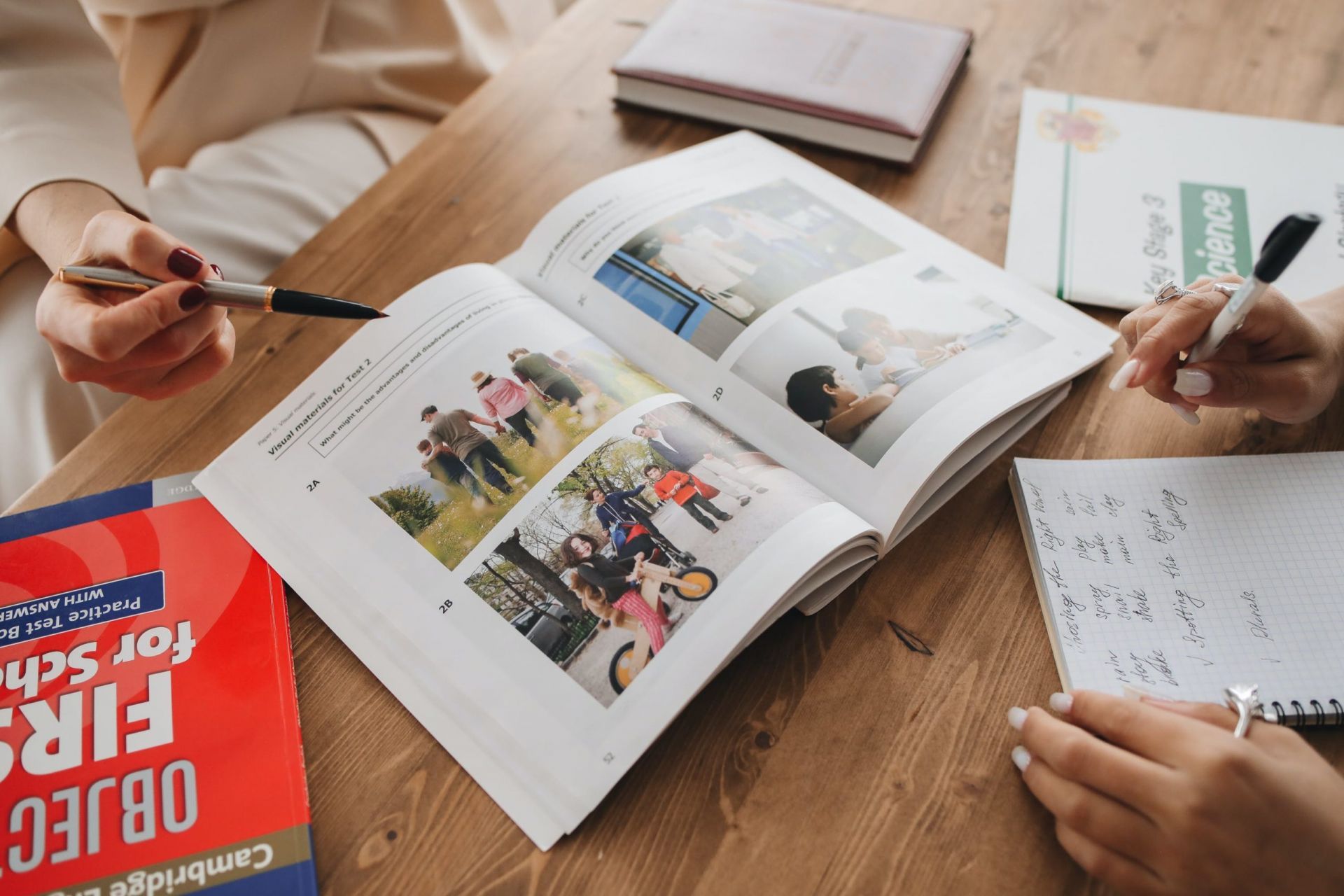Articles
Media Literacy of Migrants in Ireland: Navigating a New Information Landscape
5 February, 2024

By Jing Wang from Eurospeak
In an era dominated by information and technology, media literacy has become a critical skill for individuals to navigate the complex landscape of news, entertainment and social discourse. For migrants in Ireland, developing media literacy is not just a matter of understanding the language, but also of grasping the cultural nuances and information sources that shape public discourse. The SeHeMe project explores the challenges and opportunities faced by migrants in Ireland in developing media literacy skills and the importance of fostering a more inclusive and diverse information environment.
Media literacy goes beyond basic reading and writing skills; it involves the ability to critically analyse and evaluate media content. This includes critical thinking about the motivations behind media messages, recognizing biases and being able to distinguish between credible and unreliable sources. When it comes to migrants in Ireland, adapting to a new cultural context adds an extra layer of complexity to the development of media literacy.
Challenges Faced by Migrants in Ireland
- Language Barriers: Migrants often face language barriers that can hinder their ability to comprehend and critically analyse media content. Census figures in 2022 show that up to 87% of migrants are from countries that do not speak English or Irish (European Migration Network, 2022). Migrants are mainly Navigating news articles, social media and other sources in a second language can be challenging, leading to potential misunderstandings or misinterpretations.
- Cultural Nuances: Media messages are often embedded with cultural references and nuances that maybe unfamiliar to migrants. For example, teasing and insults are known as “slagging” in Irish culture, which will show in the media and might be perceived as negative images. Understanding the cultural context is crucial for interpreting information appropriately and avoiding misconceptions or bias.
- Integration and Access to Information: Migrants may find it challenging to integrate into Irish society and gain access to relevant information sources. This can impact their awareness of local news, policies and community events, limiting their ability to actively participate in public discourse.
Opportunities for Improvement
- SeHeMe’s Foreign Language for Media Literacy e-course: The Foreign Language for Media Literacy e-course developed by SeHeMe will undoubtedly provide migrants with the necessary vocabulary and grammar needed to express themselves elaborately in order to have their voice heard and be taken seriously by the host society. It will include language courses tailored to media-related vocabulary and comprehension skills. Through this deliverable, SeHeMe suggests implementing language support programmes that specifically focus on media literacy and can empower migrants to engage more effectively with information in their adopted language.
- Cultural Orientation Programmes: Projects like SeHeMe provide cultural orientation programmes that can help migrants better understand the social and political context of Ireland, enabling them to interpret media messages more accurately. These programmes can address cultural nuances and provide insights into the local media landscape.
- Digital Literacy Initiatives: Promoting digital literacy initiatives can help migrants navigate online platforms, discern credible sources from misinformation, and understand the implications of digital media consumption. SeHeMe supports these initiatives which can include workshops, online resources, and community engagement programs.
- Community Involvement: Encouraging migrants to actively participate in community activities and discussions can foster a sense of belonging and help them stay informed about local issues. SeHeMe provides a platform to enhance community involvement and provides opportunities for interaction, exchange of information and collective learning.
Media literacy is a crucial skill for migrants in Ireland as they navigate a new information landscape. By addressing language barriers, cultural nuances and access to information, society can contribute to the empowerment of migrants, fostering a more inclusive and diverse media environment. The SeHeMe project aims to assist the promoting media literacy among migrants as Ireland continues to evolve as a multicultural society and it will become essential for Ireland to build an informed and engaged community.
References
- European Migration Network, 2022, One in ten of the population are non-Irish citizens, census 2022 figures show, accessed 31 January 2024, https://emn.ie/one-in-ten-of-the-population-are-non-irish-citizens-census-2022-figures-show
- Chara Scroop, 2017, Irish Culture Communication, Cultural Atlas, accessed 31 January 2024, https://culturalatlas.sbs.com.au/irish-culture/irish-culture-communication
